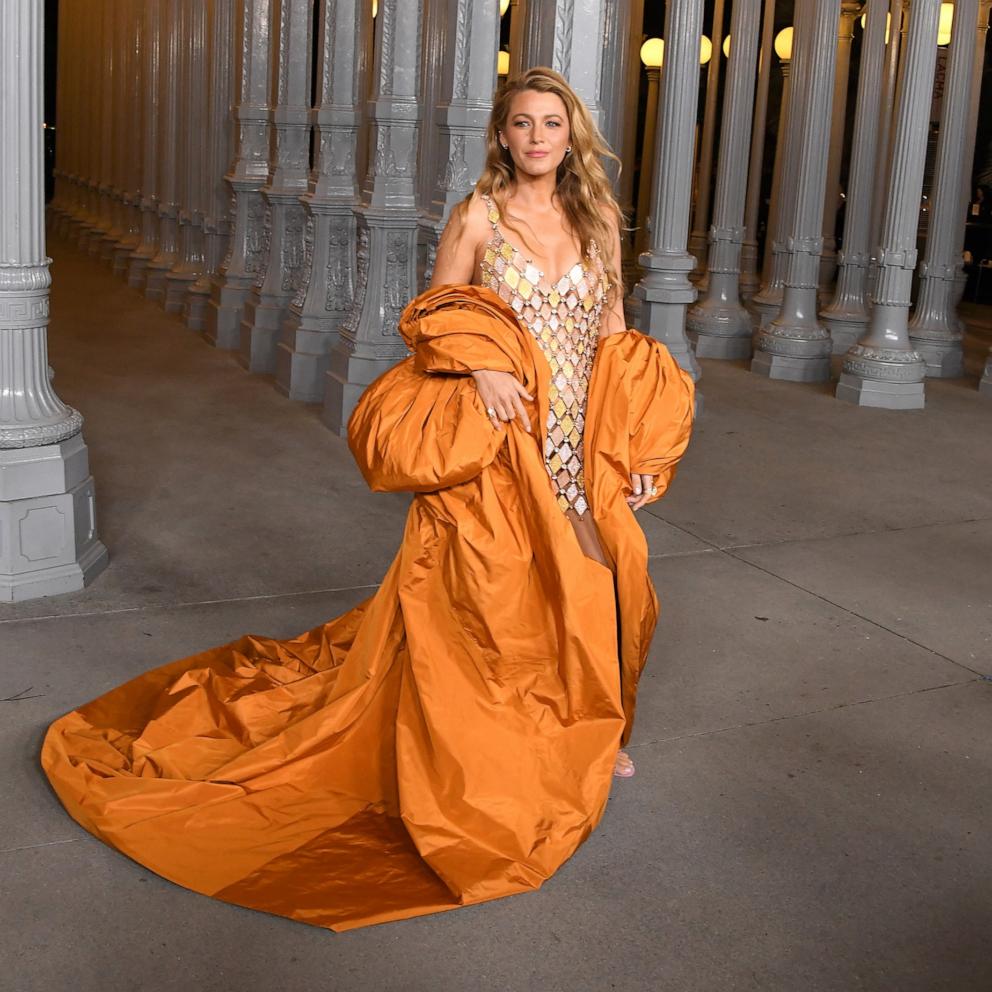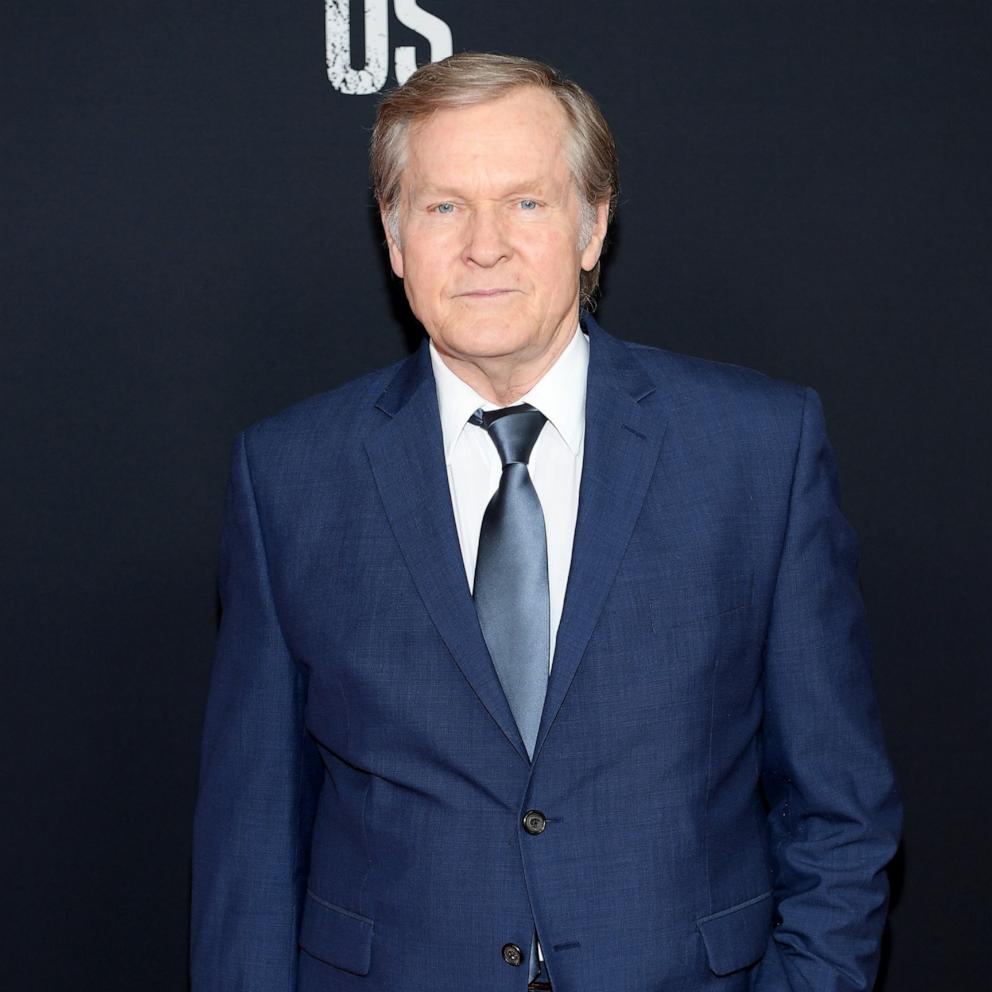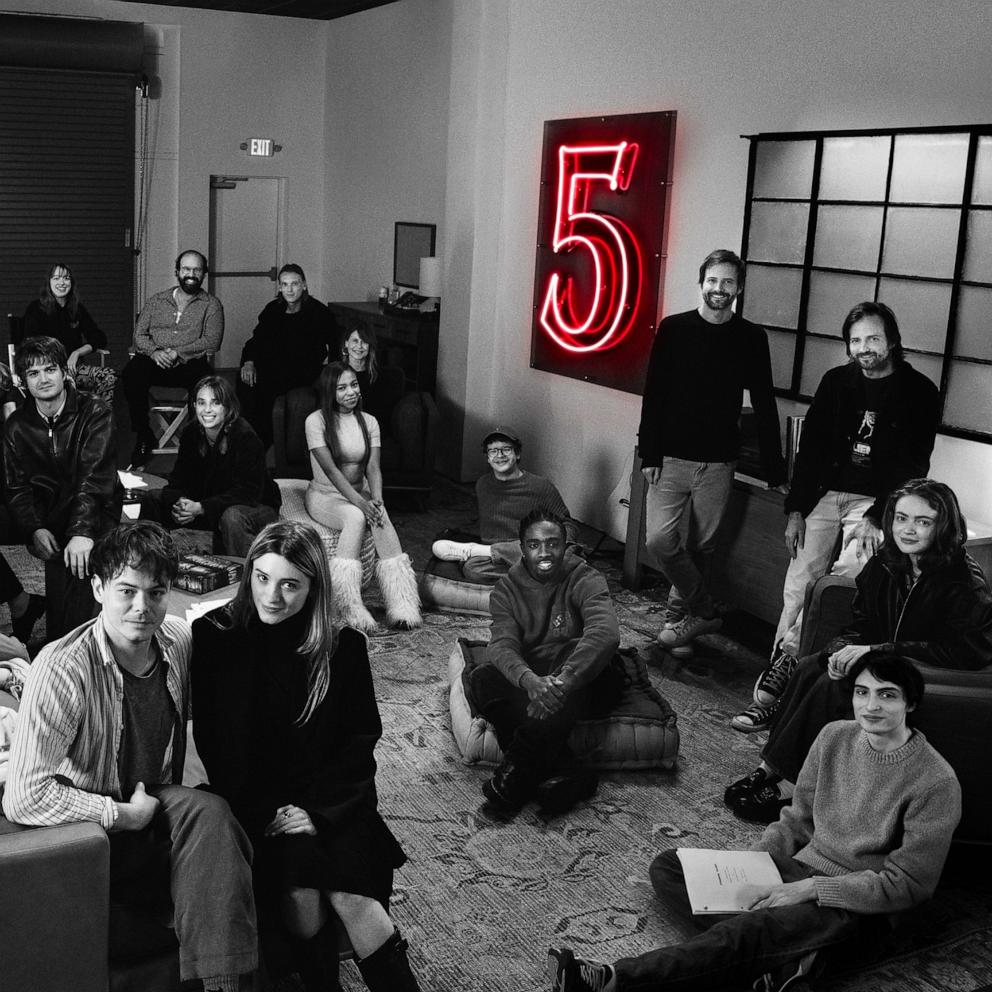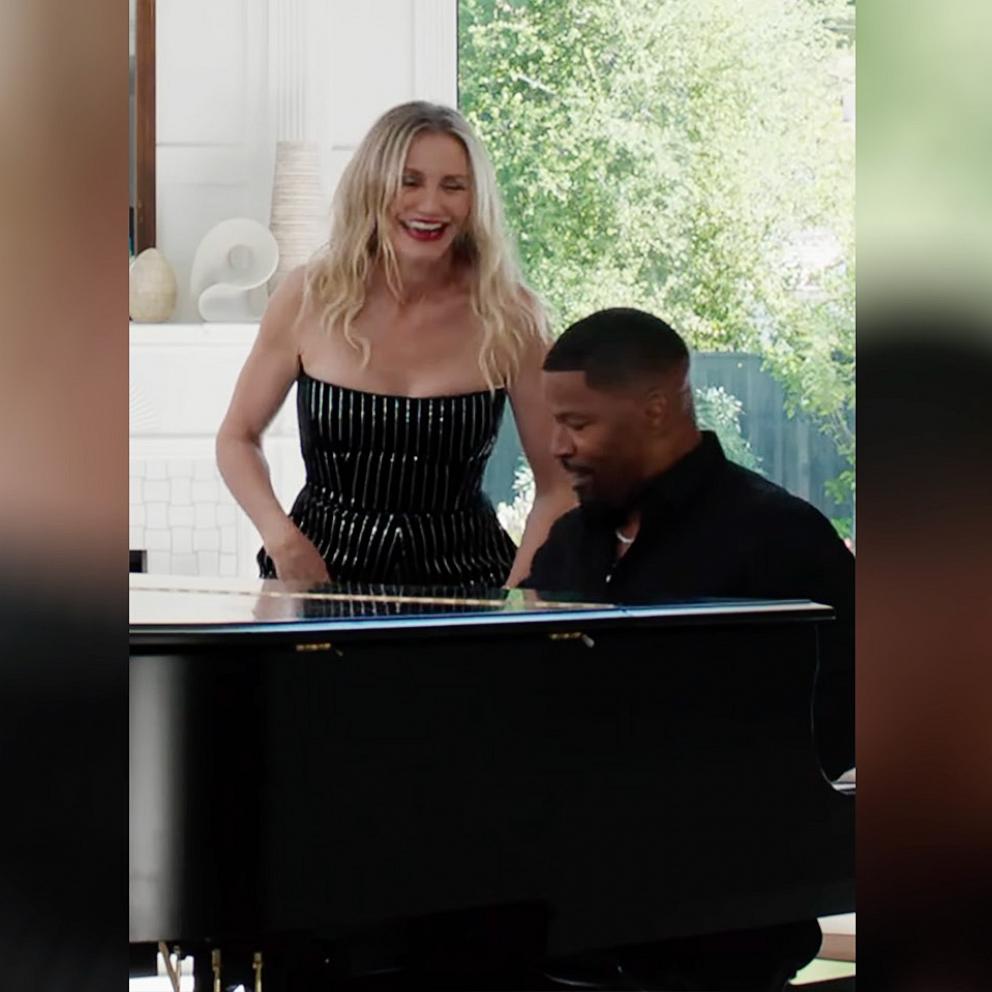Elliot Page says the trans community is 'not a debate': 'We're real'
For Elliot Page, the transgender community is not a topic up for debate.
"There's no debate to trans people's existence -- full stop," the actor told ABC News in an exclusive network interview for ABC's Pride Month special "The Freedom to Exist -- A Soul of a Nation Presentation," airing June 6.
"It's not a debate. We're real," Page continued. "To debate our existence continuously over and over again, I think it's appalling."
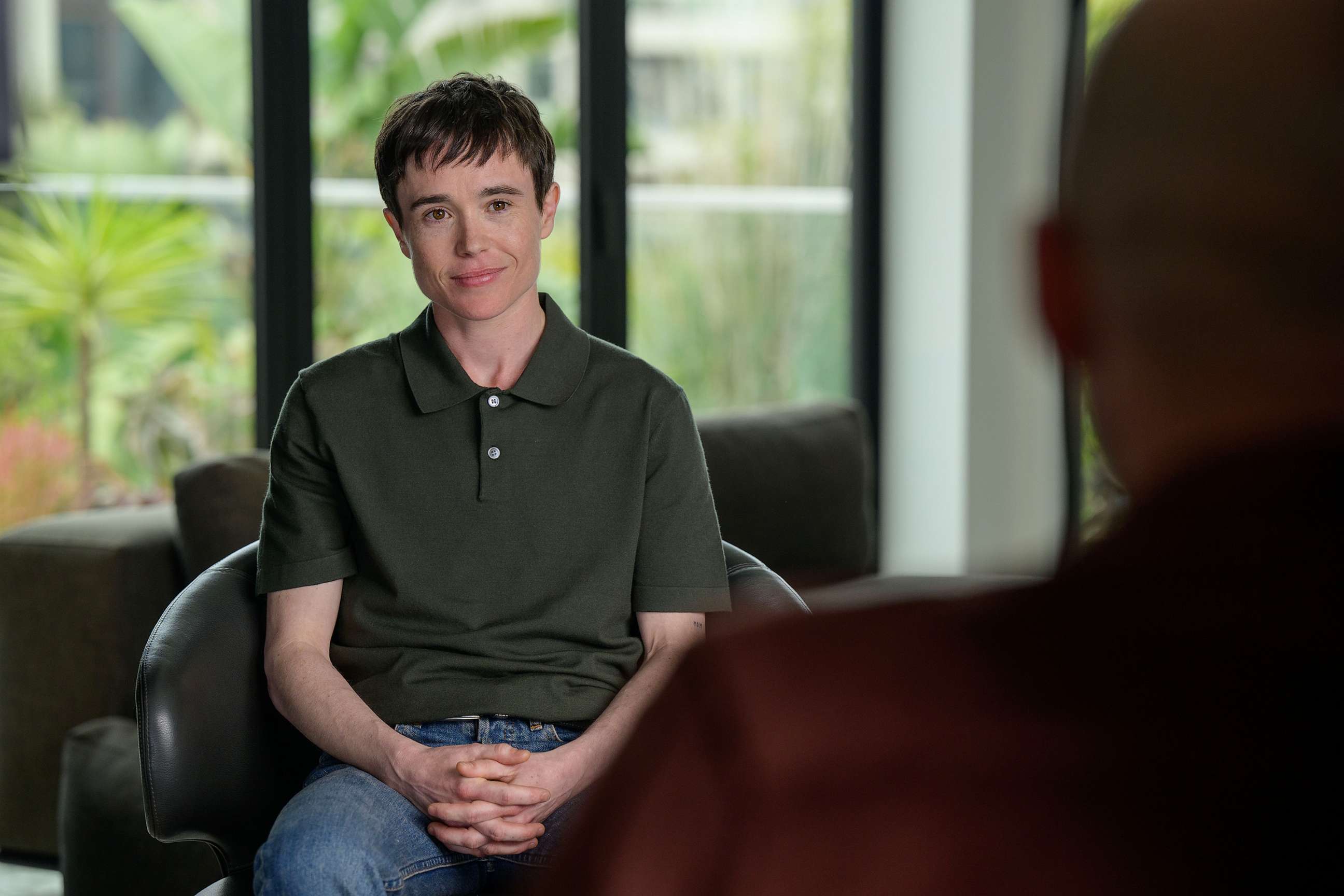
On "Juno" and grappling with his newfound fame
During the interview, Page recalled his rise to fame with the 2007 film "Juno" as being "quite the time" in his life.
In an excerpt from his new book, "Pageboy: A Memoir," Page recalled how he planned to wear jeans and a shirt to the premiere but that he needed to wear a dress and heels instead.

Page said he still finds it "tricky" to discuss this era because he "felt like complaining at all or feeling bad at all" would be viewed as him being "so profoundly ungrateful," as many perceived it as a time in which his dreams were coming true.
"It's not like someone was forcing clothing on my physical body, but that is what it felt like to dress a certain way and be a certain way," he explained.
"Juno" was an instant indie smash when it premiered at the Toronto International Film Festival. It went on to earn four Oscar nominations, including best picture and best actress for Page, ultimately winning the Academy Award for best original screenplay.
Despite his success, Page wrote that he was "incapable of articulating the depth of pain" he was experiencing.
"I think with gender dysphoria, it's being assigned a gender at birth based on your genitalia and that not being the reality of who you are, and the sort of incongruence and disconnect with that just continues to chip away at you, and chip away at you, and chip away at you," he said.
Page added, "It especially became complicated as an actor because people would just go, 'You're an actor, just put on the f------ clothes.' But needless to say, it was so much more than that."
On his childhood and the evolution of his relationship with his mother
Page writes in "Pageboy" that he asked his mother Martha if he could be a boy when he was just a 6-year-old kid growing up in Halifax, Nova Scotia. At the time, he said that his mother said no.
"I wasn't growing up in a progressive atmosphere by any means," he recalled. "The situation my mom was in, minister's daughter born in 1954, she was doing her best. She didn't know what to do."
At the age of 10, Page wrote that he cut his hair short and people started addressing him as a boy, saying "thanks, bud" when he held the door for them at the local mall.
Page also remembered a time when he got to wear a friend's Speedo after he forgot his bathing suit, calling it "such a thrill."
"It was the first time I really could see myself … and felt it energetically," he said. "I was lucky to have a mom that let me get to that place at 10 to look like how I did, but I could sense her discomfort. I could sense her embarrassment."
Page said the time when his body began changing and clothes sat on him differently that "was the beginning of really sort of disconnecting from myself and feeling a degree of discomfort that was very erosive and damaging."

At this point in his life, Page said he probably hadn't even heard the word transgender -- unless it was in health class, where he said it was met with laughter.
"The experiences I had in regards to bullying, it certainly only encourages the shame that literally makes you sick," he said. "The discomfort that I felt really took so much of my life away from me."
Fast forward to December 2020 when, at the height of the COVID-19 pandemic, Page announced on Instagram that he was transgender, telling ABC News that the announcement was a moment of freedom.
"I was able to finally make the steps and the decision to be myself and to do what I wanted to do, and knew I needed to do to live fully," he said. "I'm feeling that joy every day. What it has allowed me is what feels like truly being alive for the first time."
He said it also gave him the chance to forge a different kind of relationship with his mother, writing in his book that they have never been closer and that she has endless love for her son.
"I feel really, really grateful to see her change and her growth, that people's minds change and hearts change," he said. "That's why we need to be talking about this."
On "The Umbrella Academy" and why now was the right time for his book
Page's transition occurred while he was starring on the hit Netflix show "The Umbrella Academy," based on the comic book series of the same name.
The series backed him completely, having his character -- now known as Viktor Hargreeves -- transition as well and having that transition be integrated as part of the story for the third season.
"The experience with 'Umbrella Academy' and playing Viktor has been such a true gift," he said.
He added, "I think many people obviously relate to that experience of what it means to not see yourself, think you never will, and then there you are, you just start to emerge. It's so thrilling. It's really thrilling."

Page said the "energy" and "anguish" he once felt has now "lifted off" him.
As for why now was the right time for him to write a book, he wrote in "Pageboy" that the time had previously never felt right but that there was something different this time. He notes in the book that now was the time for him to share his story as a way to combat the current wave of attacks on gender-affirming care and the efforts to silence the trans community across the country.
"Visibility is obviously so important and does allow for change, and also it leads to backlash that we're seeing," he said.
Despite him being on the cover of magazines and walking red carpets, something he said might make people ask why trans people are complaining, Page said the reality is that "people are suffering greatly."
"The Freedom to Exist -- A Soul of a Nation Presentation" airs Tuesday, June 6, at 10 p.m. ET on ABC and streams the next day on Hulu.




